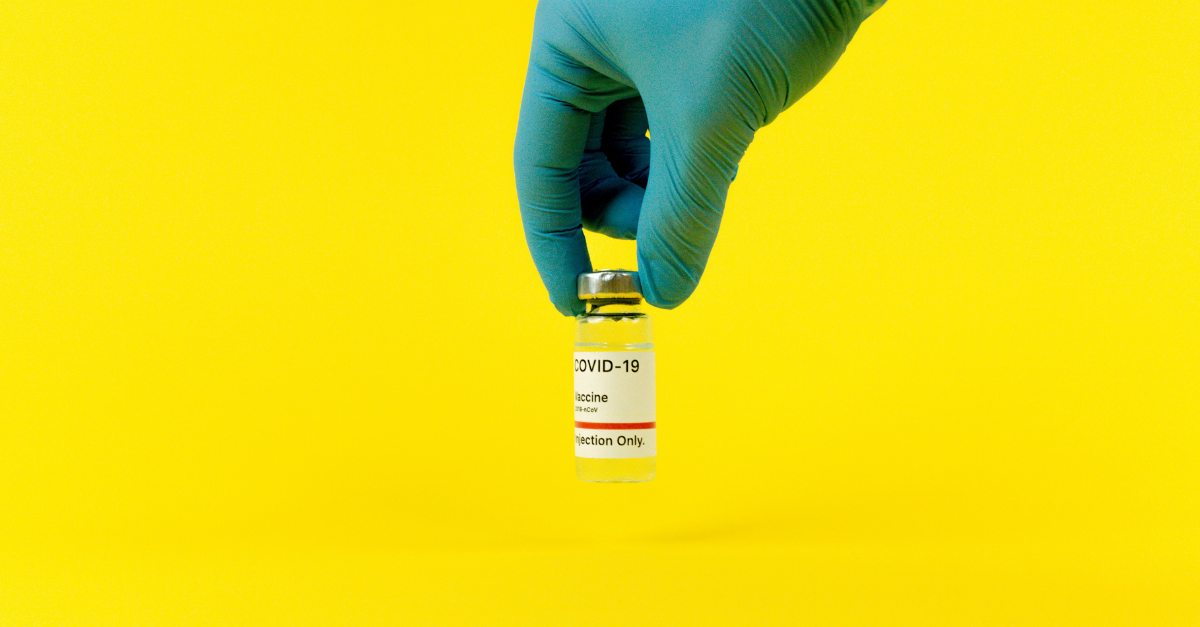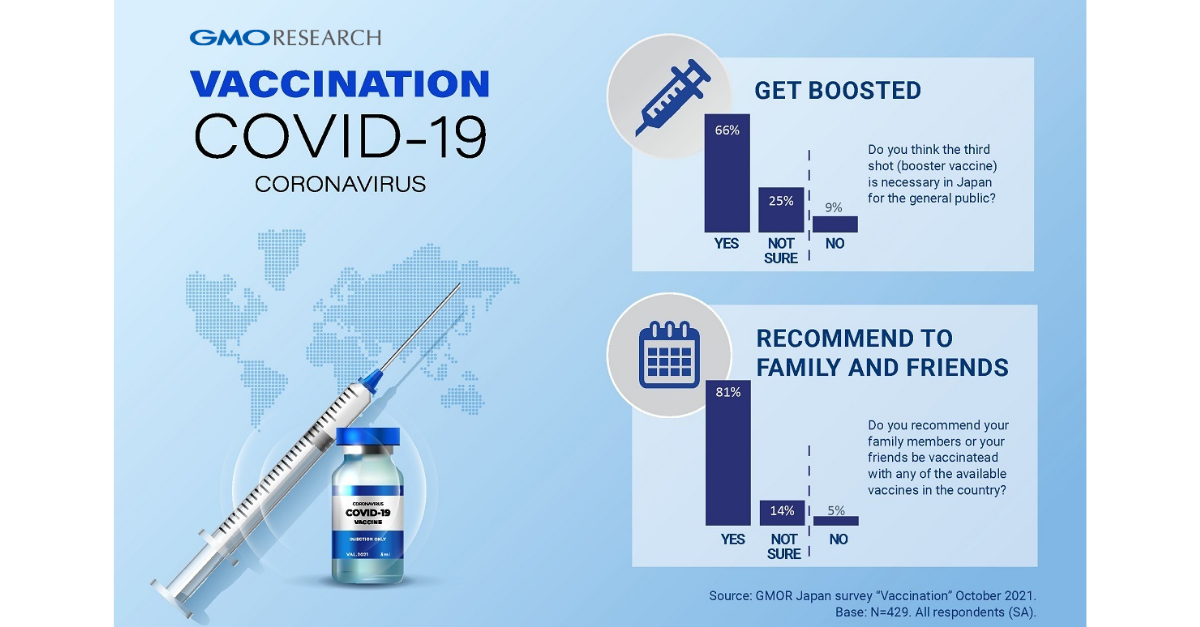Japan’s COVID-19 Vaccination Program
2021/12/02

Photo by Maksim Goncharenok from Pexels
Japan’s COVID-19 Vaccination Program
Recently, COVID-19 booster shots have been a much-talked-about topic globally. There have been many debates around the need for booster shots, with the World Health Organization (WHO) earlier calling for a halt to booster programs, especially in first-world countries with high vaccination rates. The WHO suggested the pause in booster programs to allow for the available vaccines to be distributed to impoverished nations with low vaccination rates due to lack of vaccine access.
With some studies showing that the vaccine's effectiveness lasts for approximately six months, many countries are looking into offering booster shots to their populations to control the spread of COVID-19. For example, in the United States, France, Israel, and Singapore, COVID-19 booster shot programs are in full swing, especially for the elderly and immunocompromised, despite calls by the WHO to delay booster shots and prioritise the evening out of vaccination inequality in the world.
The Japanese government recently announced that, from December, it would offer COVID-19 booster shots to anyone who has received both doses of the vaccine within the past eight months. Japan's health ministry has based its booster shot strategy on an American research that indicates the vaccine’s effectiveness wanes to 47% after five months across all age groups.
Japan has recorded 1.72 million COVID-19 cases, with a recovery figure of over 1.7 million and more than 18,000 deaths. The Japanese population was initially lukewarm to the COVID-19 vaccination. However, in the middle of this year, Japan managed to turn its vaccination rate around and achieved a fully vaccinated rate of almost 74%.
More than 400 physicians across varying specialisations have taken part in a study conducted by GMO Research on its Healthcare Insights Network, and 66% stated that they see the booster vaccine as a necessity for the Japanese general public. However, 25% indicated that they were unsure of its necessity, while 9% suggested there was no need for the booster vaccine. The uncertainty over the need for COVID-19 booster shots could be due to the conflicting data and information available regarding the vaccines’ efficacy.

While there may still be some degree of hesitancy around the booster shots, 81% of respondents said that they would recommend their family and friends get vaccinated with the currently available vaccines. Japan is offering Pfizer-BioNTech, Moderna, and AstraZeneca, and there still appears to be uncertainty over physicians’ recommendations regarding the mixing of different vaccine types. 52% of respondents indicated that they think it is effective and safe to mix the vaccines to achieve higher efficacy and effectiveness. In contrast, 11% opposed the idea, and another 37% stated that they were unsure how safe and effective the mixing of vaccines would be.
These mixed sentiments could be attributed to the relative newness of the COVID-19 vaccines, and the availability of research and statistics. However, with Japan's current plan to move forward with offering the booster shots to its entire eligible population, it will be seen how effective the COVID-19 booster shots will be for the country.
